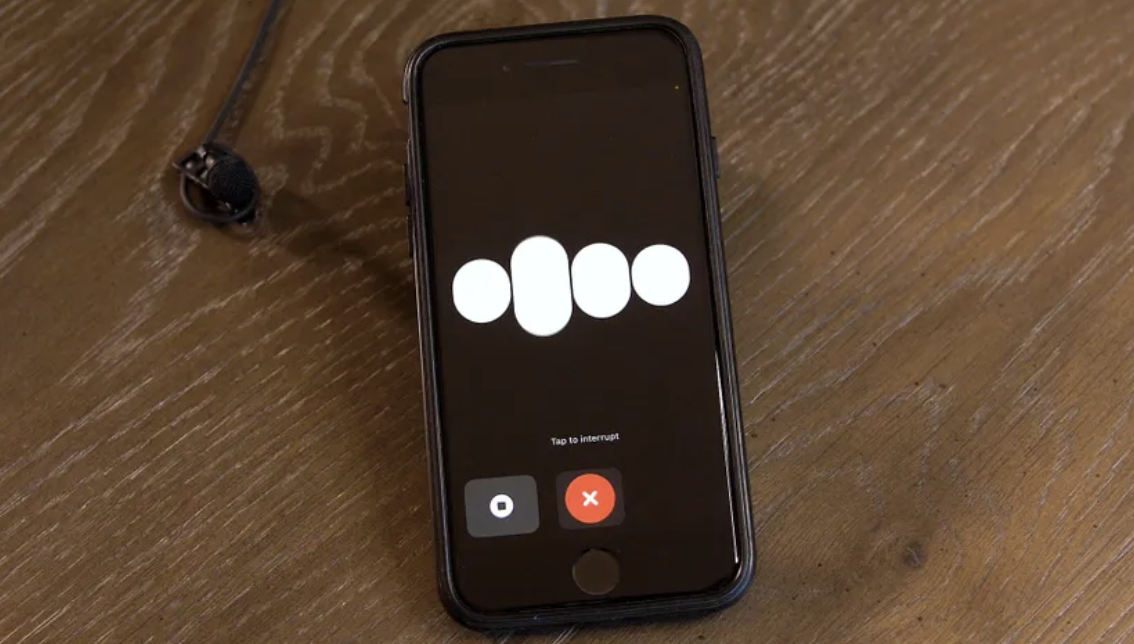Having AI take over the world is quite a frightening prospect. One step towards that feared phenomenon, perhaps, is the recent creation of the new ChatGPT-4.o, which has the power to translate languages and speak in a human-like manner.
On May 13, Open AI showcased its product that has updated the AI’s thinking, writing, and—most importantly—speech. Before this new version of ChatGPT, the most advanced software—like Siri or Google —could only speak in straightforward and monotone voices, which seemed unrealistic. However, this new ChatGPT-4.o has been progressing in forms such as stuttering or laughing, giving a feeling of talking to another person. According to Euro News, AI can now also see a person’s behavior when hooked up to a camera. Through the lens, it can detect emotions through facial recognition software, leading it to ask questions like “Want to share the reason for your good vibes?” This advancement helps track body movement in rooms and detects the ability to allow users to interact with AI while on the move. One of its largest prospects is its ability to translate languages with ease.
The benefit of having an AI translate and talk in real-time to other people with different languages is a huge technological advantage. We have had other translating apps like Google Translate; however, these apps require human input and struggle to get certain words or phrases correctly. But with ChatGPT-4.o, just by asking the AI to translate two different languages, a conversation can be spoken with ease. According to Euro News, it can currently translate over 50 different languages which cover 97% of the world’s population, allowing easy conversations. There is only one question remaining: how reliable is this AI?
Surprisingly, Open AI did not release any updates to its privacy issues. Even with the past version of ChatGPT, deleting a conversation does not delete the information; instead, it must be organized in the settings and fixed there. According to Forbes, this was made specifically so that the AI could constantly learn from the information users ask of it and find out what topics are being discussed the most. However, this could cause major problems if it is not guaranteed protection from data breaches. The main idea of the matter, according to Forbes, lies in finding a balance between innovation and safeguarding user privacy. OpenAI must ensure that stringent measures are in place to protect user data, including encryption, access controls, and regular security audits. Transparency is also crucial; users should be informed about how their data is collected, used, and protected, empowering them to make informed decisions about their privacy.
The unveiling of ChatGPT-4.0 marks a significant leap forward in AI technology, promising remarkable advancements in language translation and human-like interaction. However, amidst the excitement surrounding its capabilities, concerns about privacy and data security remain unresolved. OpenAI’s commitment to innovation must be accompanied by a steadfast dedication to safeguarding user privacy. Moving forward, transparent communication and robust security measures will be essential in fostering trust and confidence in the evolving landscape as it continues to become a leader in the industry of AI.








